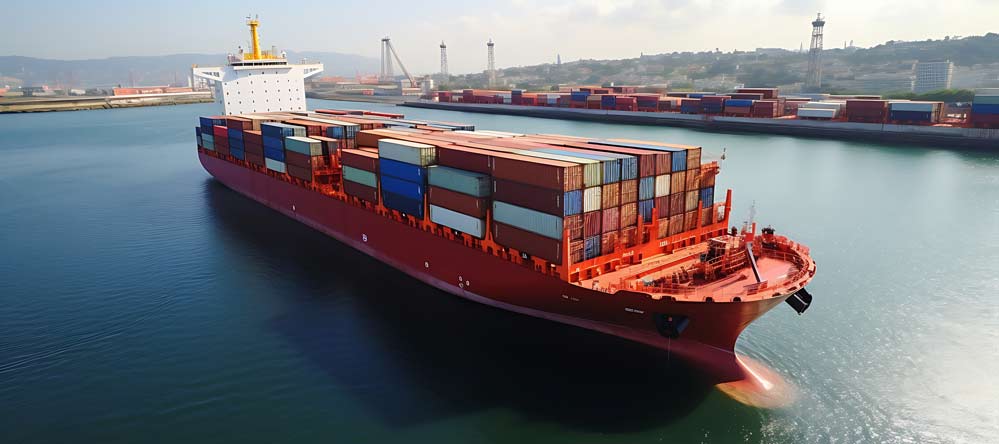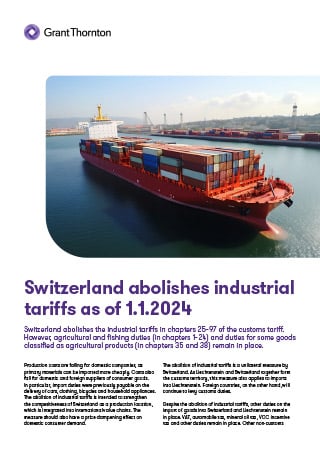-
Audit Financial Services
More security, more trust: Audit services for banks and other financial companies
-
Audit Industry, Services, Institutions
More security, more trust: Audit services for national and international business clients
-
Corporate Tax
National and international tax consulting and planning
-
Individual Tax
Individual Tax
-
Indirect Tax/VAT
Our services in the area of value-added tax
-
Transfer Pricing
Our transfer pricing services.
-
M&A Tax
Advice throughout the transaction and deal cycle
-
Tax Financial Services
Our tax services for financial service providers.
-
Advisory IT & Digitalisation
Generating security with IT.
-
Forensic Services
Nowadays, the investigation of criminal offences in companies increasingly involves digital data and entire IT systems.
-
Regulatory & Compliance Financial Services
Advisory services in financial market law and sustainable finance.
-
Mergers & Acquisitions / Transaction Services
Successfully handling transactions with good advice.
-
Legal Services
Experts in commercial law.
-
Trust Services
We are there for you.
-
Business Risk Services
Sustainable growth for your company.
-
IFRS Services
Die Rechnungslegung nach den International Financial Reporting Standards (IFRS) und die Finanzberichterstattung stehen ständig vor neuen Herausforderungen durch Gesetzgeber, Regulierungsbehörden und Gremien. Einige IFRS-Rechnungslegungsthemen sind so komplex, dass sie generell schwer zu handhaben sind.
-
Abacus
Grant Thornton Switzerland Liechtenstein has been an official sales partner of Abacus Business Software since 2020.
-
Accounting Services
We keep accounts for you.
-
Payroll Services
Leave your payroll accounting to us.
-
Real Estate Management
Leave the management of your real estate to us.
-
Apprentices
Career with an apprenticeship?!

Production costs are falling for domestic companies, as primary materials can be imported more cheaply. Costs also fall for domestic and foreign suppliers of consumer goods. In particular, import duties were previously payable on the delivery of cars, clothing, bicycles and household appliances. The abolition of industrial tariffs is intended to strengthen the competitiveness of Switzerland as a production location, which is integrated into international value chains. The measure should also have a price-dampening effect on domestic consumer demand. The abolition of industrial tariffs is a unilateral measure by Switzerland. As Liechtenstein and Switzerland together form the customs territory, this measure also applies to imports into Liechtenstein. Foreign countries, on the other hand, will continue to levy customs duties.
Despite the abolition of industrial tariffs, other duties on the import of goods into Switzerland and Liechtenstein remain in place. VAT, automobile tax, mineral oil tax, VOC incentive tax and other duties remain in place. Other non-customs regulations such as the Convention on International Trade in Endangered Species of Wild Fauna and Flora (CITES) will also continue to apply. The abolition of industrial tariffs will not result in any changes for the customs clearance processes. The obligation to declare goods entering the customs territory remains in place. However, the number of tariff lines has been reduced from 9’114 to 7’511. In addition, for goods that remain or are consumed in Switzerland proof of origin is no longer required. These are administrative simplifications.
The abolition of industrial tariffs can have a direct costcutting effect for companies that import goods into Switzerland. In addition, the administrative tariff classification effort in the customs clearance process should decrease. However, the obligation to declare goods and the customs clearance processes will remain in place. Other import duties such as automobile tax, mineral oil tax and the VOC incentive tax will also continue to apply.
Grant Thornton Switzerland/Liechtenstein will be happy to support your company as a competent partner in all matters relating to the abolition of industrial tariffs. We look forward to hearing from you.


